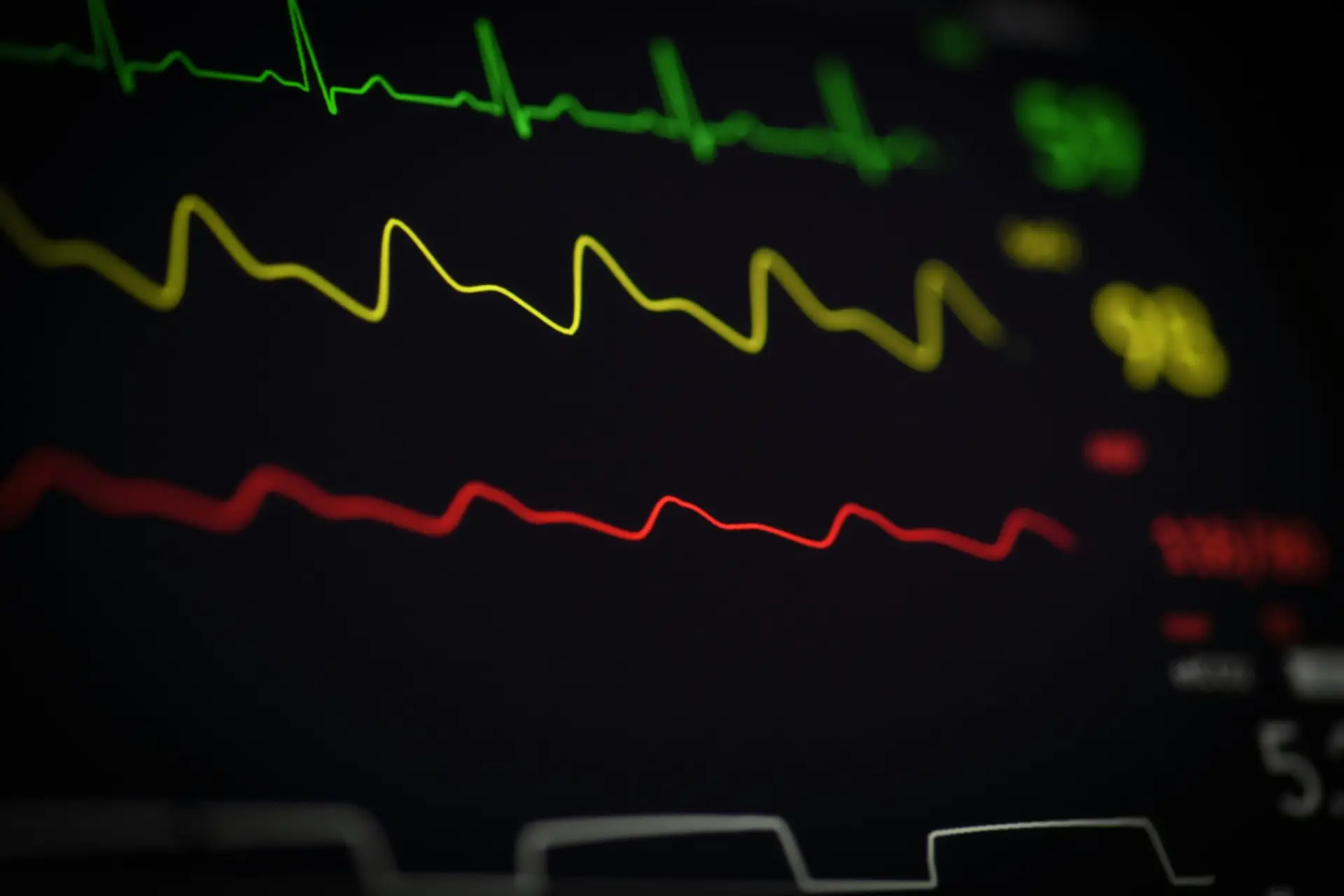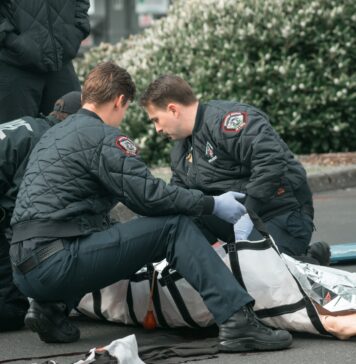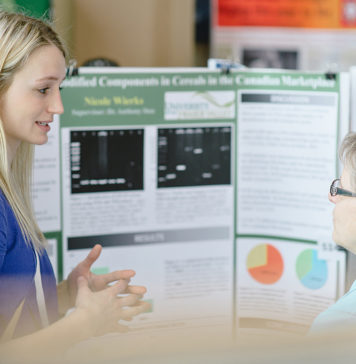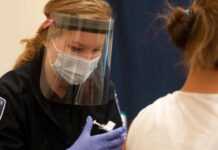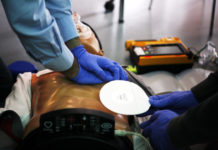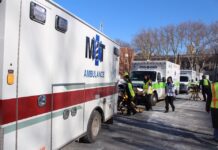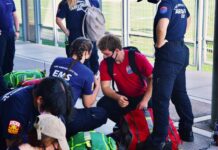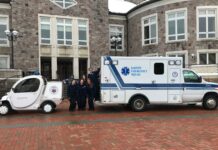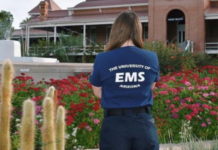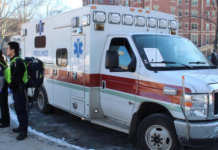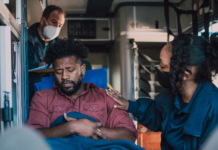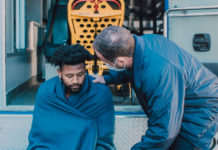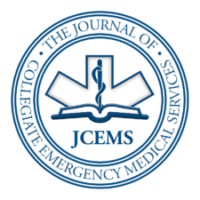Standing Up and Staffing a Covid Vaccine Clinic on a Collegiate Campus
The University of California – Davis Fire Department discusses their experience setting an administering an on-campus COVID-19 vaccine clinic.
Opioid and Alcohol Co-Ingestion
Although college campuses have historically been regarded as a protective influence against the development of substance use disorders, substance use and misuse have risen to become one of the most widespread public health concerns facing U.S. college campuses in the past decade. This article discusses pertinent pharmacology, clinical presentations, and treatment guidelines for co-ingestion of alcohol and opioids.
Improvements in the Self-Efficacy of CPR Performance Following a Brief Hands-only Training Program for...
Bystander CPR has been shown to significantly improve survival from out-of-hospital cardiac arrest (OHCA), yet rates of bystander CPR remain low across the United States. This paper outlines a brief HOCPR training that was successfully implemented by a collegiate-based EMS agency.
Evaluation of Transport Policies for Intoxicated Undergraduate Students by Undergraduate Emergency Medical Services Agencies
The authors compare existing and desired transport policies for intoxicated undergraduate students among collegiate EMS agencies.
Ambulance Usage on a Collegiate Campus as a Function of Age and Gender
Bradshaw et al. attempt determine if age and gender exert significant influence on a patient’s decision to utilize ambulatory transport to the emergency department.
Lessons Learned and Opportunities for CBEMS Growth Following the COVID-19 Pandemic
JCEMS shares stories from CBEMS agencies and discuss potential areas of growth for CBEMS agencies moving forward.
Comparing Patient Evaluations by a Municipal and a Collegiate-Based Emergency Medical Service
This study assesses UAEMS’ patient evaluations when referenced to Tucson Fire, the local municipal agency.
Labor Trafficking and the Role of the EMS Professional
While EMS professionals have not received any training in human trafficking, they are in a unique position to identify trafficked persons, gaining a view of the patient’s out-of-hospital environment not visible to most other healthcare providers.
Towards Anti-Racist Prehospital Healthcare
This article outlines the steps which Dartmouth EMS has taken to educate our members on socially just and racially inclusive emergency medicine.
Creating a Protocol for Campus EMS Response to Mental Health Complaints
The authors share their experience with developing a mental health response framework for their collegiate EMS service.


